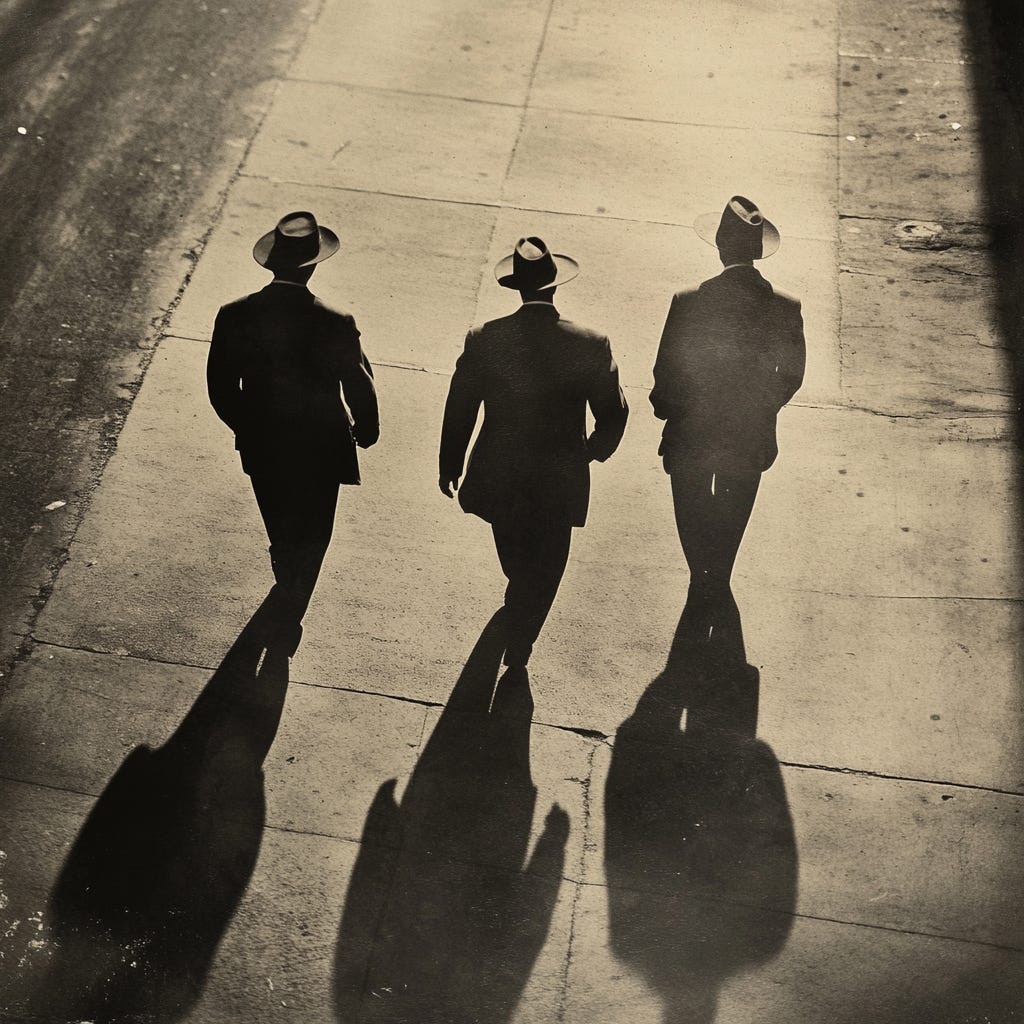The Shelton Brothers: The Forgotten Depression Era Gang That Battled the Law, the KKK, and the Chicago Outfit
From the early 1920s through the late 1940s, the Shelton Gang controlled much of the illegal vice trade in southern Illinois. Their reign was characterized by several violent and notable clashes
Background
During the 1920s and 1930s, America went through several major transitions, beginning with the passage of the Volsted Act in 1919, which made the transportation and sale of alcoholic beverages illegal. The law which became known as prohibition went into effect in January 1920.
The law’s intention may have been noble, but this was the roaring 20s, and Americans wanted to drink. The law created a vacuum that came to be filled by those willing to take risks to facilitate the first law of economics: supply and demand.
Because of the overwhelming demand for booze, many enterprising small-time criminals became wildly successful by stepping into the breach and supplying the demand.
From north to south and coast to coast, bootleggers, rumrunners, distillers, drivers, and others all skirted the law and risked their freedom and sometimes their lives for a piece of the enormous profits there to be had.
By the time prohibition ended, the high-flying 20s h…




